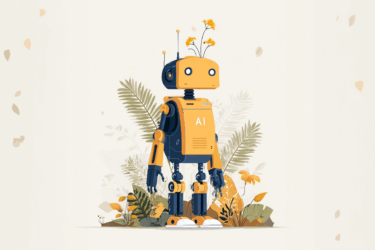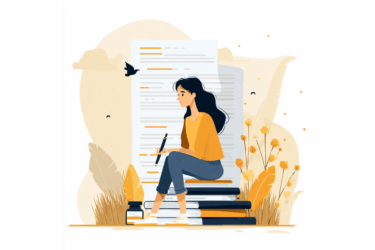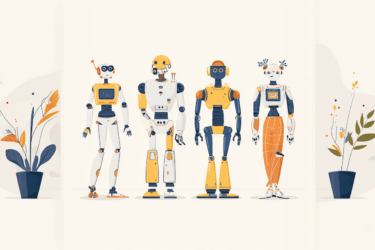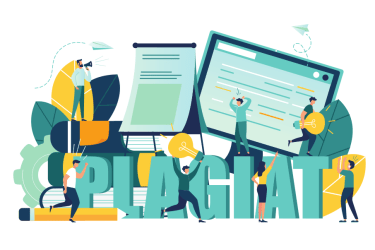Some have greeted AI models as the ultimate problem-solvers, while others have rejected the ground-breaking technologies, fearing they will irreversibly change the job market, education, and creative fields. In any case, by now, it has become apparent that AI tools stay with us and transform the way we learn, create, and work, but they should be measured by rules and implemented with caution. AI writing checker tools have become one of the ways to ensure robot-generated content is not abused. What is wrong with AI content, and why it needs to be measured?
What is wrong with AI-generated content?
There is nothing wrong with using AI to spark creativity and help with ideas. The problems come when one exploits an AI chatbot to perform a task that is supposed to be human-crafted–to compose a university assignment, write a journal article, or complete research work.
- First of all, it is unethical. The reader deserves to know if the text they read was robot-made. Passing AI content for human writing is not honest.
- It is considered cheating in academia. Students are given writing assignments to upgrade their skills and test their knowledge, so submitting an AI-generated essay is a severe violation of academic integrity.
- It can harm web pages’ SEO rankings. Google and other search engines disapprove of using AI-made content instead of human-written, so opting for robot-generated texts is not good for promotion.
- AI bots make mistakes. As they are trained on all the available content, which is not always relevant, not all the facts and conclusions AI chatbots come up with can be considered the ultimate truth.
- AI-generated content is considered plagiarism. Why so? Let’s look into how AI models work.
How does AI generate the texts?
AI models are trained on a massive amount of data to generate relevant content. No chatbot creates its output from scratch. Even when the text sounds original, it is based on information borrowed from somewhere–and AI never credits the sources, so one can not cite them properly.
Is AI content plagiarism?
Ethically, any AI-generated text is plagiarised, as plagiarism is using someone’s work without crediting the source. So, even if technically the plagiarism detector doesn’t show any matches, which is not always the case, AI-generated texts can’t be considered unique and authentic.
Hence, using AI output for academic or job tasks can result in repercussions not only because of machine content abuse but also due to plagiarism.
PlagiarismCheck.org helps teachers, students, and writers check plagiarism and detect AI in seconds! Make sure your text is authentic, improve your writing, and stay on the safe side regardless of modern challenges. Try it for free now!






